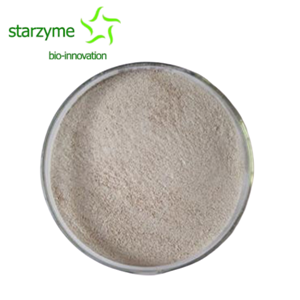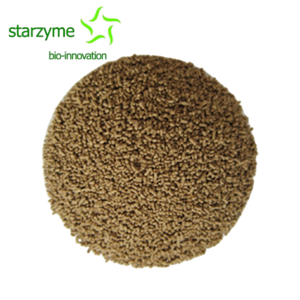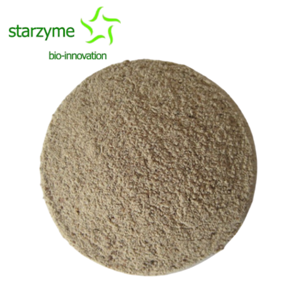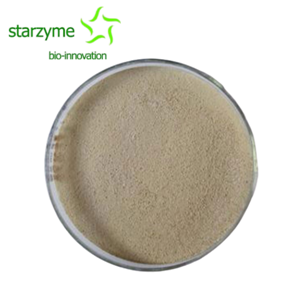Research Progress of Bacillus coagulans in Livestock and Poultry Breeding
Abstract: In the context of feed prohibition, finding and developing alternative antibiotic products is an urgent problem to be solved in the current aquaculture industry. Bacillus coagulans, as a feed additive, not only has probiotic effects such as regulating gut microbiota balance, promoting digestion and absorption, and enhancing the body's immune system with bifidobacteria and lactobacilli, but also has the characteristics of easy cultivation, processing, and storage. Existing research has shown that Bacillus coagulans has been widely used in fields such as animal husbandry, poultry, and aquaculture. The article summarizes the physicochemical properties of Bacillus coagulans, including acid resistance, bile salt resistance, and high temperature resistance.
With the widespread use of antibiotics, the problem of drug resistance is becoming increasingly serious, leading to the prohibition or restriction of the use of antibiotics. However, this transformation may bring a series of challenges, including a decline in animal production performance, an increase in disease incidence, and a decrease in economic benefits. In order to ensure the healthy development of China's aquaculture industry and overcome a series of problems caused by the ban on antibiotics, it is crucial to find a safe and effective alternative to antibiotics. In this context, probiotics like Bacillus coagulans have opened up a new path for the aquaculture industry due to their natural, non-toxic, pollution-free, antibiotic resistant, and ability to regulate intestinal function advantages. Probiotic preparations such as Bacillus coagulans have gradually replaced antibiotics as the preferred choice for growth promoting and preventive drugs.
![]()
Probiotics are defined as "living microorganisms that, when given in sufficient amounts, provide health benefits to the host. Probiotics such as lactic acid bacteria and bifidobacteria have been widely used in various fields such as animal husbandry, food processing, aquaculture, and healthcare. However, most lactic acid bacteria or bifidobacteria have poor stability during processing or storage, causing probiotics to lose their vitality and ultimately affecting their effectiveness. It is worth noting that most strains of Bacillus coagulans isolated so far exhibit high heat resistance and high survival rates in the gastrointestinal tract. Bacillus coagulans is a probiotic with spore producing ability, which can produce substances with antibacterial activity such as lectins and L-lactic acid. These characteristics enable Bacillus coagulans to not only promote growth, enhance immunity, and improve disease resistance, but also exhibit good tolerance under stress conditions.
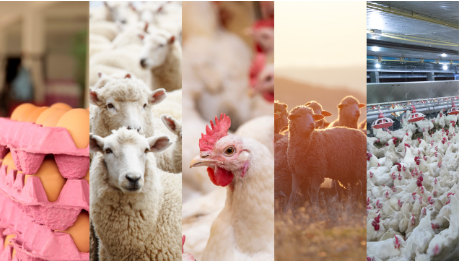
As a green and safe microecological agent, Bacillus coagulans has become a hot research topic among scholars at home and abroad. This article reviews the physicochemical properties of Bacillus coagulans and summarizes its latest research progress as a feed additive in livestock and poultry farming.

